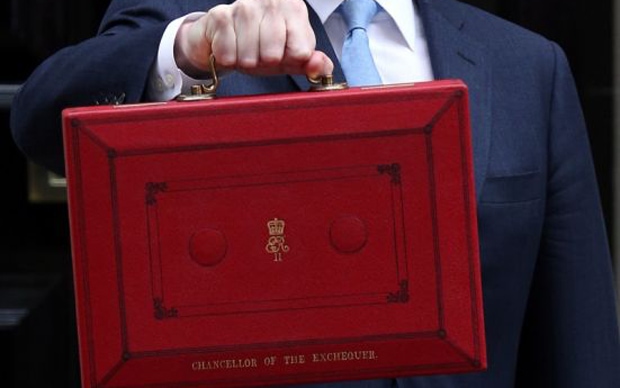Chancellor Phillip Hammond resisted the temptation to raid pensions to raise money for his spending spree in Budget 2018.
In the lead up to the Budget, speculation pinpointed pension contribution relief as a way he could claw back some cash to fund his end of austerity plans.
But as his 72 minute speech to MPs in the House of Commons unrolled, it became clear he had raised the money for the National Health Service, roads and business from elsewhere.
The only change to pensions was hoisting the lifetime allowance by £25,000 in line with inflation.
The LTA savings cap is now set at £1.055 million from April 2019.
For a change, he also resisted any move against expats saving for retirement with a Qualifying Recognised Offshore Pension Scheme.
Business angels untouched
Hammond also left business angel investing untouched – with no tweaks to the tax breaks offered by the Seed Enterprise Investment Scheme or Enterprise Investment Scheme.
Savers can expect some small changes.
The income tax starting rate for savings – The band of savings income that is subject to the 0% tax – stays at £5,000 for 2019-20.
Individual Savings Account (ISA) annual subscription limits for 2019-20 will remain unchanged at £20,000. The annual subscription limit for Junior ISAs for 2019-20 will be uprated in line with inflation to £4,368.
The government will publish a consultation on Child Trust Funds in 2019, discussing draft regulations for maturing accounts. The annual subscription limit for Child Trust Funds for 2019-20 will be uprated in line with inflation to £4,368.
Tax checks for expat landlords
Expats renting out buy to lets or houses in multiple occupation in the UK may face proofing they are registered with HM Revenue & Customs for tax on their rental profits.
A new law calling for tax checks when applying for an HMO or other property licence is likely to be included in the next Finance Bill for 2019-20.
“Applicants would need to provide proof they are correctly registered for tax to be granted licences. This would make it more difficult to operate in the hidden economy, helping to level the playing field for compliant businesses,”
